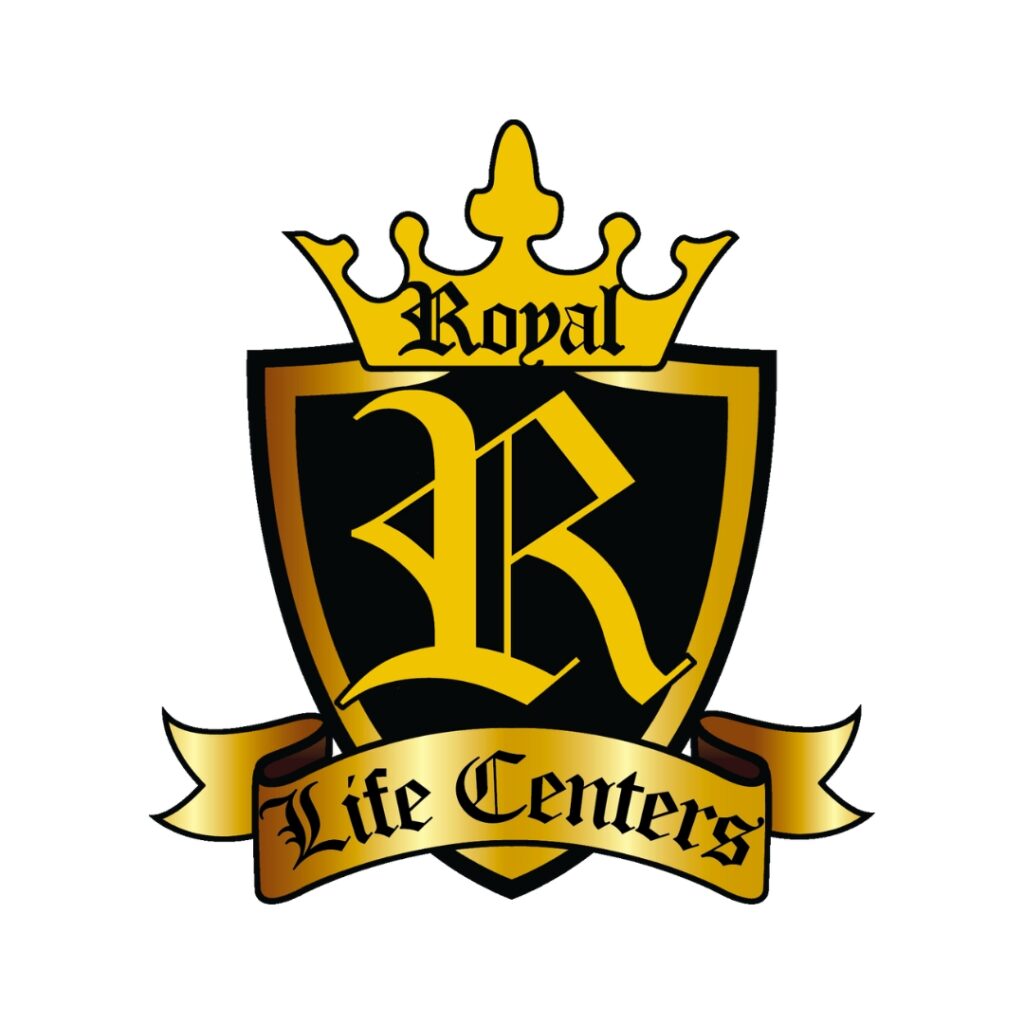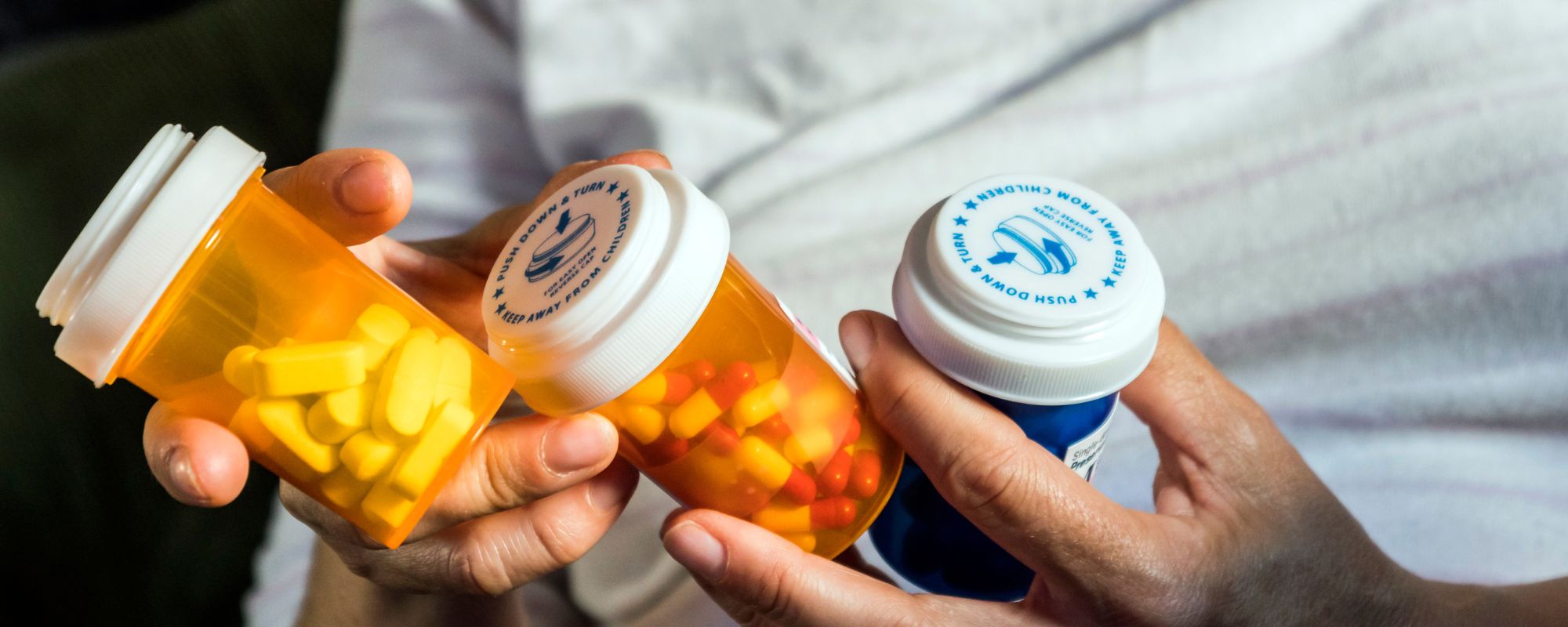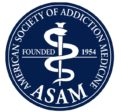Depressants include various substances. What categorizes them all together is their effect on the brain and body (the central nervous system). Depressants work by slowing your brain messaging so your CNS system feels relaxed, calm, tired, and dissociated from your body or situation. Thus, depressants can be prescribed for conditions like anxiety disorders, seizures, sleep disorders, and muscle spasms. However, they can also be used for self-medication due to their enjoyable effects, which can lead to substance abuse. Let’s talk about some specific examples of depressants.
What Are Examples of Depressants?
Not all depressants are drugs, but they are all substances that can be abused. Additionally, central nervous system depressants are addictive, which makes depressant self-use, misuse, and abuse dangerous.
Alcohol
Alcohol is a depressant substance because it works on the CNS to produce the results of dissociation, calmness, sleepiness, and muscle relaxation. When drinking alcohol, you might experience changes in your mood and behavior due to it slowing your brain activity. Since alcohol is easy to source, it’s especially risky, as anyone can develop a life-threatening dependency.
Benzodiazepines
Benzodiazepines are prescription tablets that are carefully prescribed due to their addiction potential. Some examples include the brands Xanax, Valium, Klonopin, and Ativan.
Opioids
Opioids are prescription painkillers that are mainly prescribed for severe acute and chronic pain. Along with being administered in hospital settings, such as post-surgery, they are carefully prescribed to people who need them. Unfortunately, opioids have a long history of addiction and overdose because of their potency. Some examples are fentanyl, oxycodone, codeine, morphine, and methadone.
Sleeping Medication
Depressant sleep medications are also called hypnotics because they specifically lead to results like sleepiness, heavy limbs, and reduced mental processing. Prescription sleep medications include benzodiazepines, antidepressants, and sedative hypnotics. Some brand names include Sonata, Lunesta, and Desyrel.
How Do Depressants Lead to Addiction?
Different depressants can all lead to addiction because of the ways this drug type acts on your central nervous system. It slows brain activity by activating pleasant chemical messengers, which is where the addiction roots are. The more you flood your system with pleasant feelings, the more you desire to continue. Thus, if you use depressants without following a prescribed dose, you can lead yourself into dependency on depressants. However, doctors and therapists can help you manage your prescription so you don’t develop an addiction.
The Dangers of Depressant Addiction
Depressants are dangerous because they can lead to overdose, which is where you take more than your system can handle. Because depressants slow your CNS, overdosing can lead to catastrophic results. These could include blackouts, sedation, shallow breathing, slowed heart rate, coma, and death. If you mix depressants with any other substances, your health risks further increase.
Finding Professional Depressant Drug Recovery
Depressants can truly damage your life, but another option exists: recovery. It’s challenging to quit depressant use on your own because of the pull it has on your neurochemistry. Our drug addiction center is fully equipped to help you overcome your addiction through holistic healing that addresses all connected issues.













